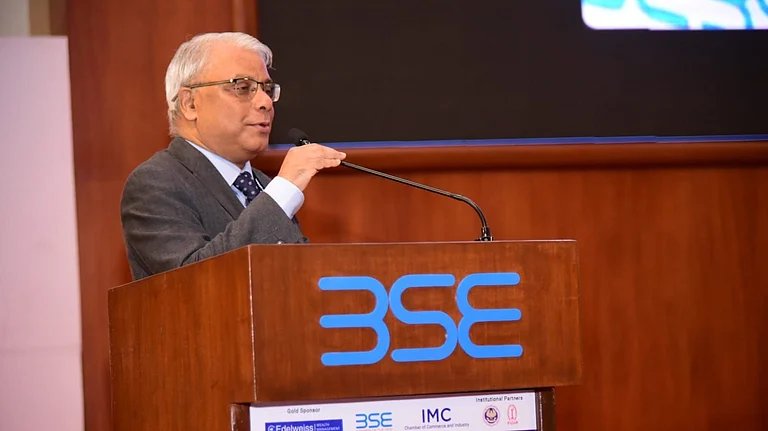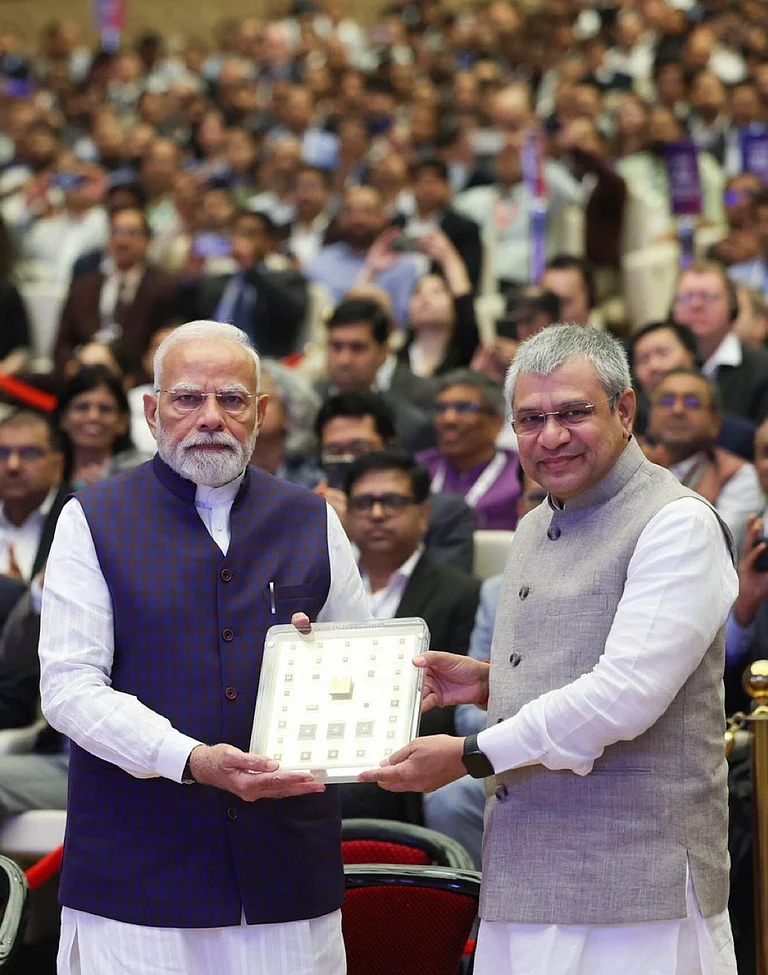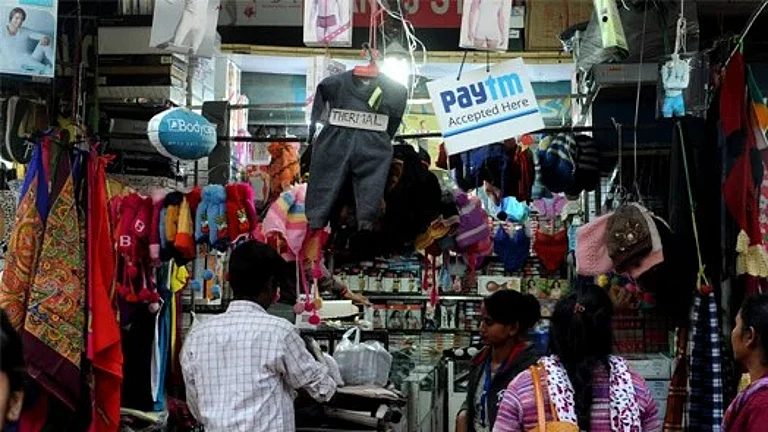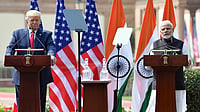
Judge Amit Mehta rejects Chrome/Android breakup, calls structural remedy “highly risky”
Court orders data sharing and bans exclusive default agreements to spur competition
Decision emphasises caution amid AI-driven search shifts, avoiding disruptive divestiture
DOJ likely to appeal; Google ad business and rivals' AI strategies impacted
US District Judge Amit Mehta on Tuesday concluded that breaking up Chrome or Android would be “messy, highly risky” and could harm consumers, declining the most dramatic remedies sought by the Justice Department and state attorneys general.
Instead, Mehta’s roughly 230-page opinion requires Google to provide rivals with access to data and removes exclusive default agreements that critics say have insulated Google’s dominance in search and search advertising.
Mehta stressed judicial humility in shaping remedies, noting rapid technological change, particularly the rise of AI tools, that has already begun to reshape the search. The judge said courts should be cautious about imposing structural remedies that might become outdated as new competitors and products emerge.
Still, he concluded that targeted relief, data sharing and limits on exclusives, could help spur competition without the disruption of a divestiture.
Context
In August 2024, a US judge ruled that Google had engaged in unfair practices to establish a monopoly in the market, maintaining a level of dominance that was found to be in violation of American law.
The case focused on Google’s role as the default search engine across multiple platforms, including its own products, such as Android and Chrome, as well as third-party devices like Apple’s.
The court has now issued its ruling on the remedies to address this monopoly.
Financial Markets React
Alphabet shares jumped after the ruling, reflecting investor relief that Chrome and Android remain intact; reports said Alphabet stock rose in extended trading while Apple shares also climbed on the news. But the data-sharing requirement could, over time, strengthen rivals’ ad offerings and AI search experiences, a particular threat to Google’s lucrative advertising business.
Mehta rejected the government’s bid to ban Google’s default-search payments, the large annual sums Google pays device makers and browser vendors to make its search engine the default. The judge said such payments need not be prohibited now, and that device makers and browser developers may continue to receive revenue-sharing from Google.
Reactions & Looming Appeals
Regulators signalled they are weighing next steps, and the Justice Department could appeal aspects of the remedies order. Critics of the decision said it leaves Google largely intact and fails to address entrenched monopoly power, while supporters argued the solution is pragmatic and forward-looking given fast shifts in AI. Google said it was reviewing the decision and had concerns about user privacy linked to mandated data sharing.
Legal challenges and appeals are likely to follow, and the case may eventually reach the Supreme Court. In the near term, attention will turn to the exact scope of the data-sharing requirements, timelines for compliance and whether rivals can translate access to Google data into viable competitive products, especially AI-driven search alternatives.


































